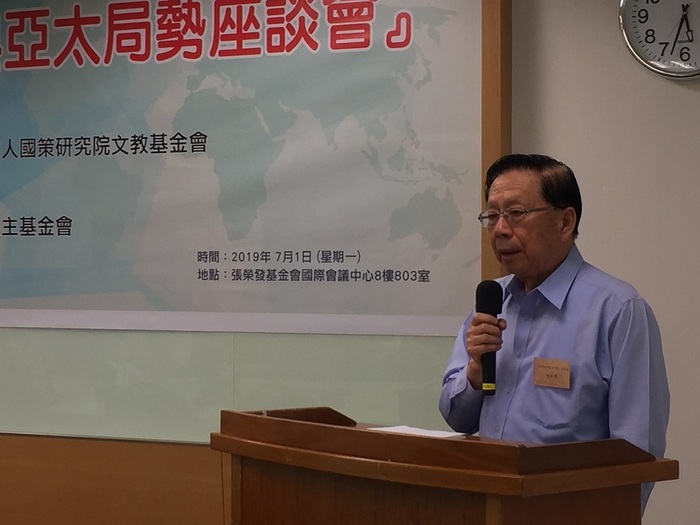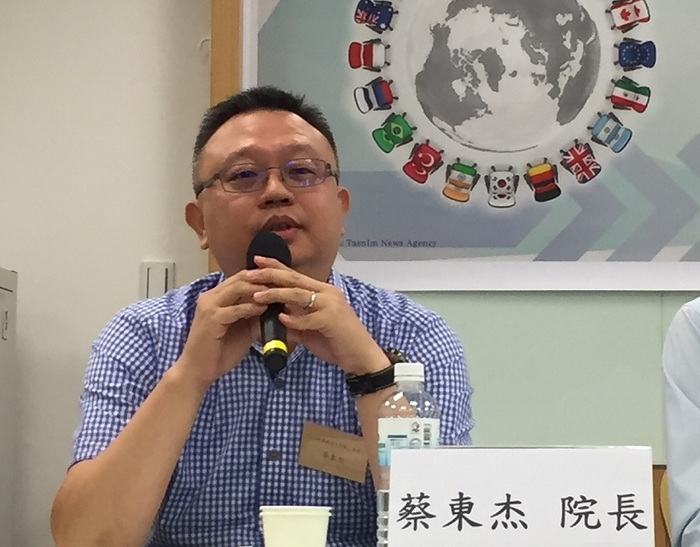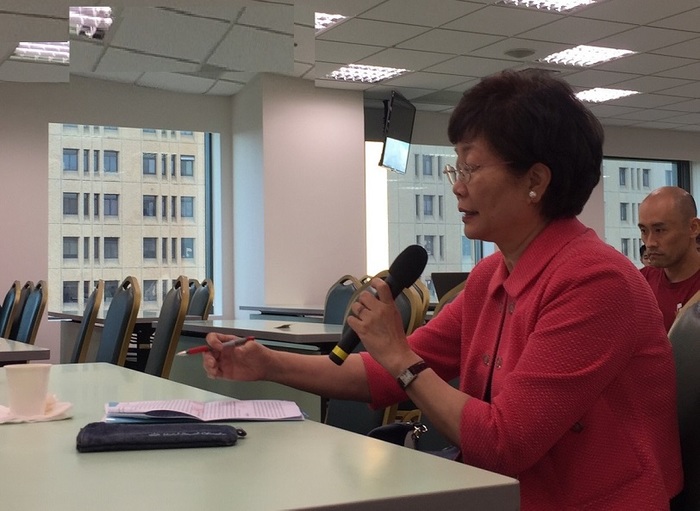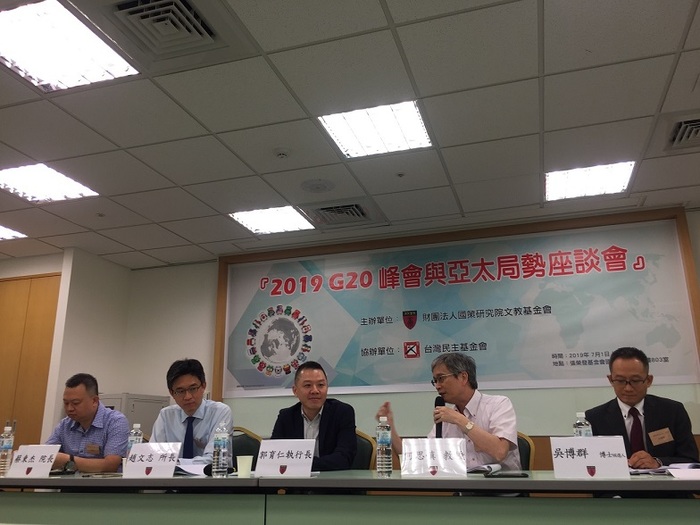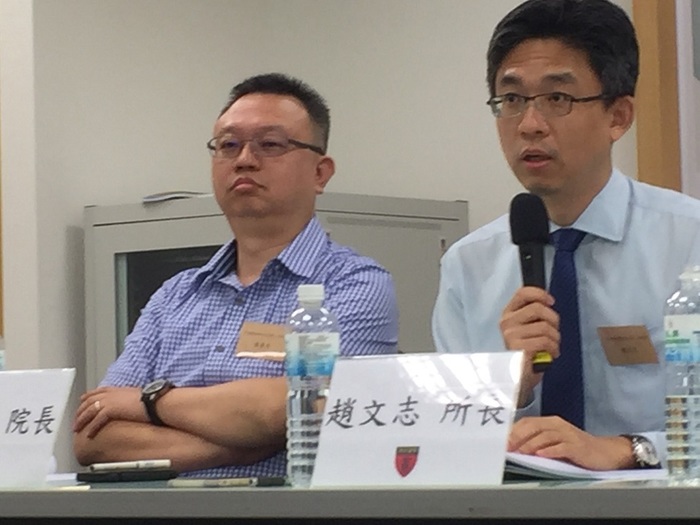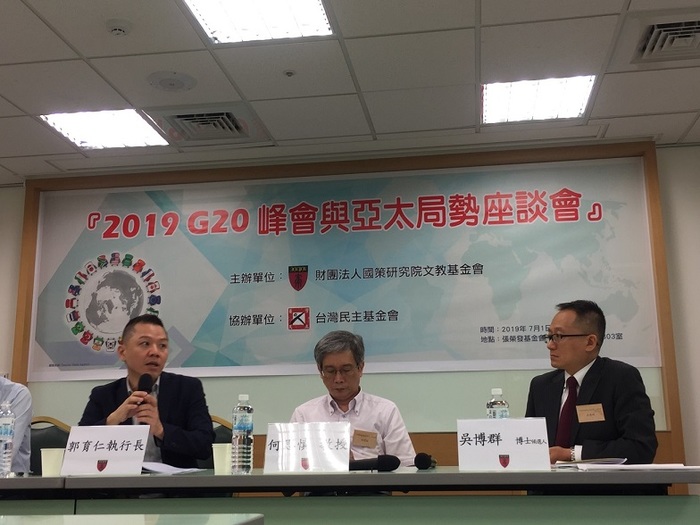Forum on the aftermath of 2019 G20 Summit and the Asia-Pacific Security
With G20 summit wrapping up in Osaka, Japan in the end of June, the Institute for National Policy Research held a forum on its implications to the Asia-Pacific security on July 1. The Forum consisted two sessions on Sino-American relations and Sino-Japanese relations separately. It was intended to provide references for Taiwan’s policy respond in light of the current volatile Asia-Pacific situation.
In his opening remarks, the INPR President Hung-mao Tien stated that the Asia-Pacific security environment is in rapid changes. He analyzed the dynamics of strategic competition between the US advocated Indo-Pacific Strategy and the Belt and Road Imitative pursued by China. Moreover, Taiwan needs to perform constructive roles in the face of Sino-American trade conflicts as well as the North Korean denuclearization and the South China Sea issues. Taiwan’s strategic location in the first island chains of defense plus her indispensable role in world trade’s supply chains put the country in a pivotal position.
Several professors were invited to make presentations on the subjects related to the Sino-American relations and the G20 Summit. They included: Assistant Professor Ying-yu, Lin of National Chung Cheng University, Professor Hseik-wen Soong, Dean of National Chung Cheng University, and Associate Professor Hung-jen Wang of the National Cheng Kung University. The session on Sino-Japanese relations invited speakers included Professor Szu-shen Ho of Fu Jen Catholic University, Mr. Wu Boqun, a doctoral candidate from Tokyo University, and Professor Wen-chih Zhao of the National Chung Cheng University.
Lively discussions were followed on various issues as presented. Many argued that Taiwan, while benefited from the US-China trade standoff in the short term, should take necessary precaution to prevent Taiwan Strait tension from escalation. They believed that world economy has become very interdependent. Specifically, it was pointed out that the government must make plans to better utilize investment money by the returning Taiwanese businessmen from China. On the Sino-Japanese relations, several scholars agreed that both countries are facing mounting pressures from the Trump administration on trade and other economic matters. Although Japan has engaged in upgrading relations with China in recent time, the fundamental differences remain. Obviously, China expects to advance mutual trade relations with Japan in order to offset negative impacts by the American trade sanctions.
